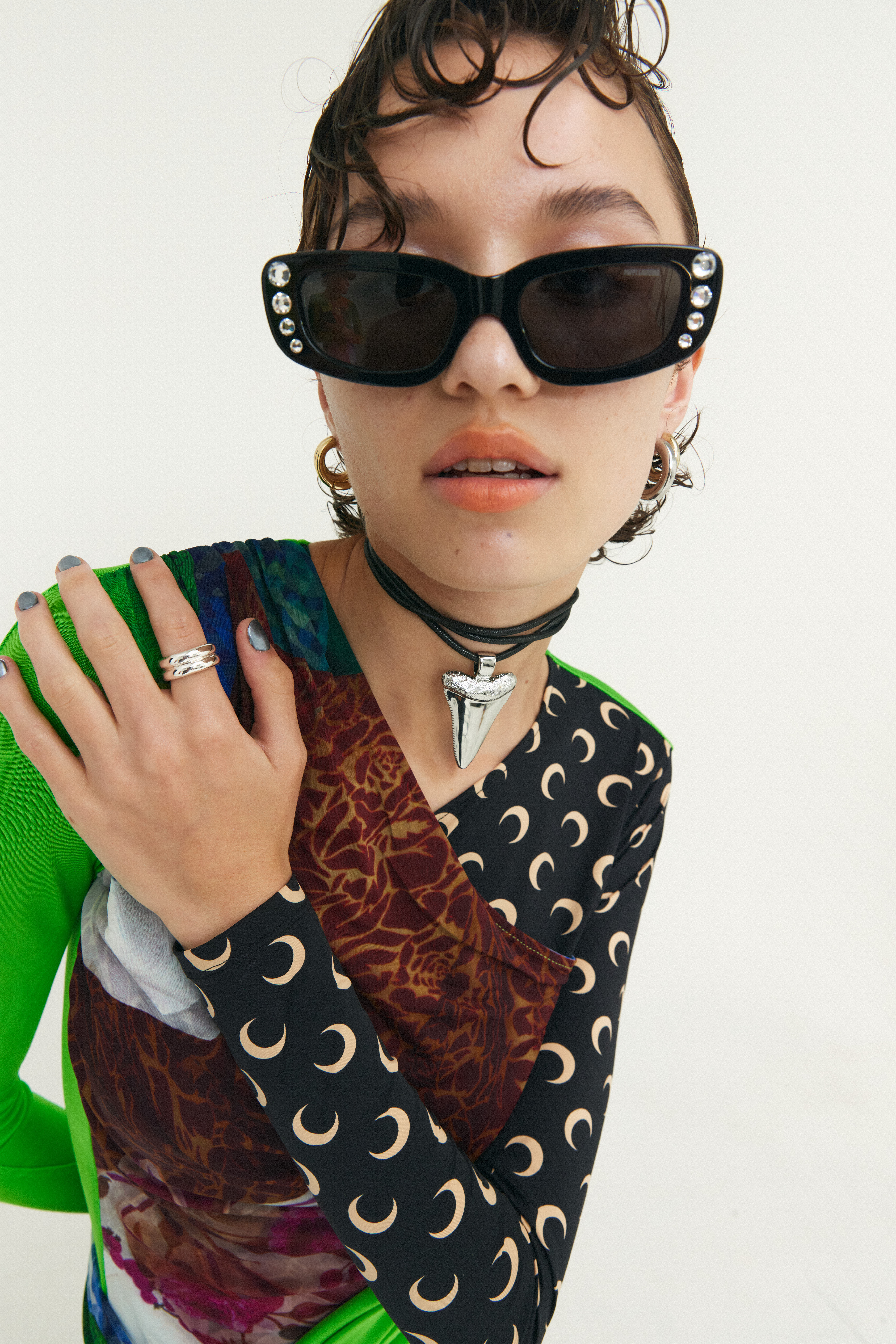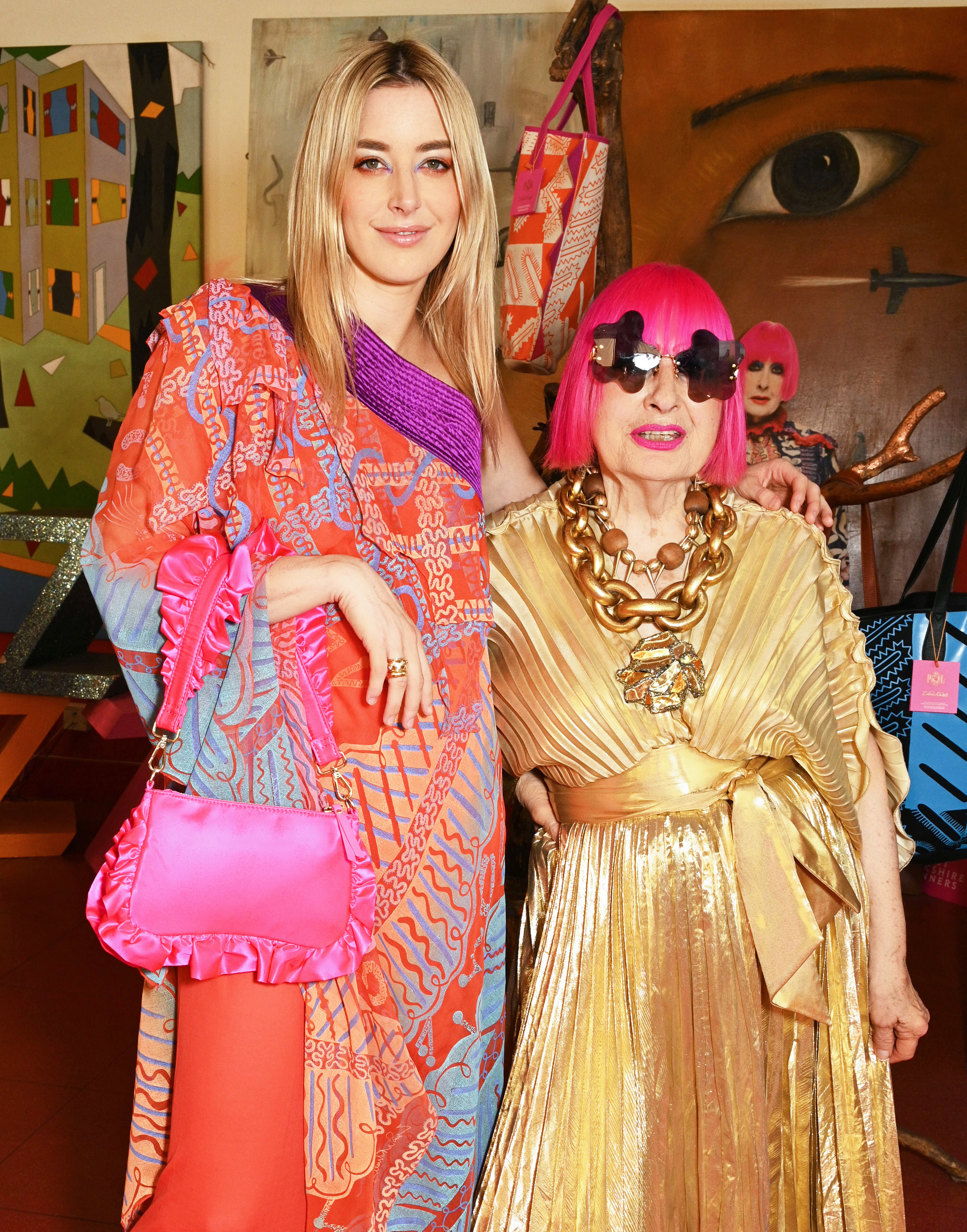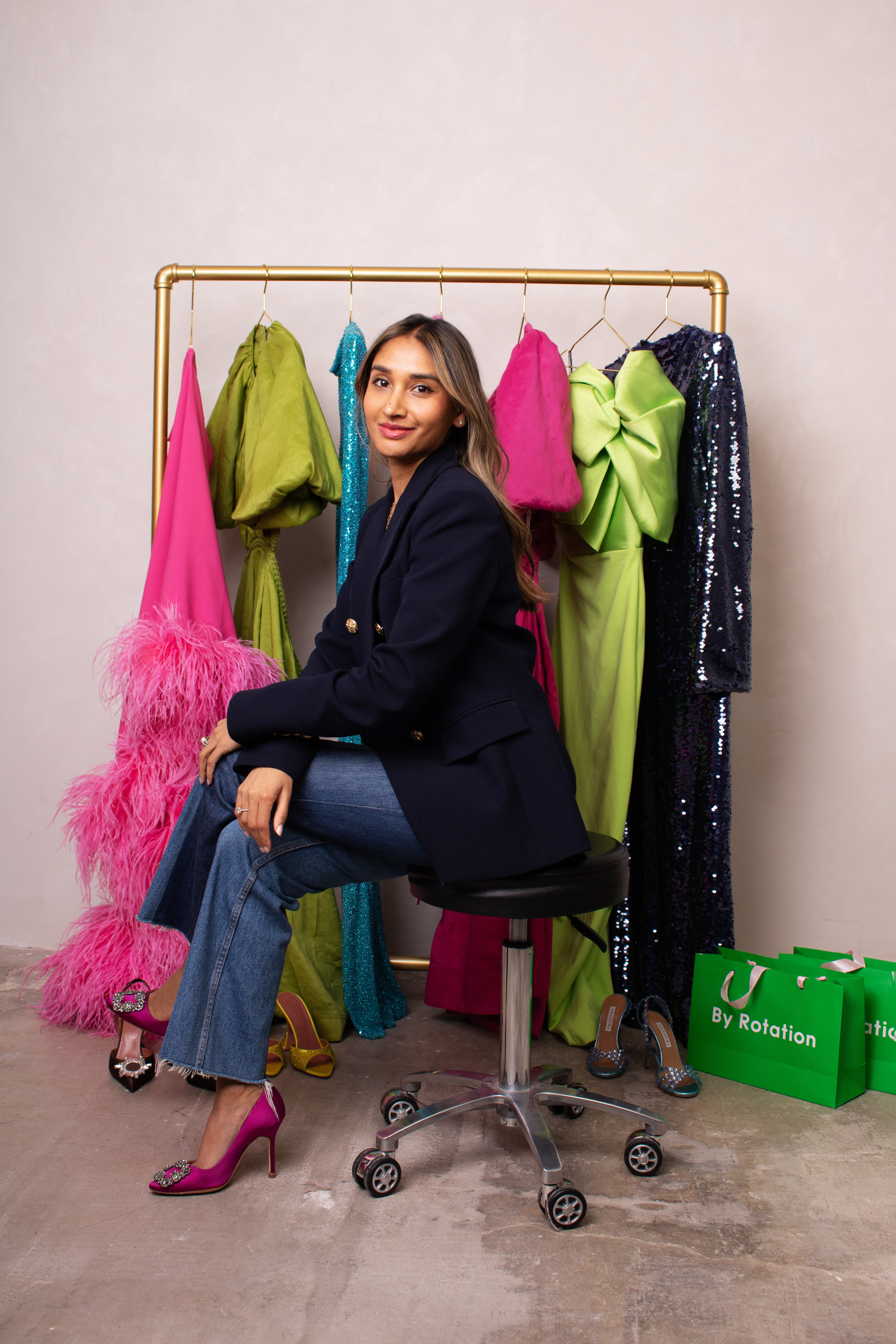
In case you hadn’t noticed, President Trump has thrown the world’s economy into chaos with his latest tariff tear. A brief recap: on April 5th, a 10% tax on goods imported into the US from almost all external countries went into effect. A few days later, on April 8th, the higher “reciprocal” rates went into effect just after midnight, hiking taxes on imports from roughly 60 countries, described by the US president as the "worst offenders". This hit China the hardest, where the percentage can be as high as 145%, although news emerged today that this can now reach up to 3,521% on solar panels specifically. It’s a volatile, ever-changing situation — hours after the reciprocal rates went into effect, his administration said it will suspend most of these higher rates for 90 days (with the exception of China), while maintaining the recently imposed 10% levy on nearly all global imports.
Trump’s reasoning is that tariffs will boost US manufacturing and protect jobs. However, obviously, plenty of fashion brands import their products into the US. For many, it’s their biggest market. Poppy Lissiman is the founder of the eponymous Australia-based accessories brand, known for its viral sunglasses and handbags worn by the likes of Gigi Hadid, Kendall Jenner and Paris Hilton. Lissiman told Marie Claire: “The United States represents approximately 40 to 50 percent of our total revenue, so it’s not just a key market — it’s foundational to our growth and survival. Losing access to nearly half of our customer base due to shifting trade policies will have a massive impact on our business.”

Just to spell it out, tariffs are typically a percentage of a product’s value. If a pair of Lissiman’s aviator sunglasses cost $175 (£131), they will now have a $17.50 (£13) tax added on top in the US, making the total $192.50 (£144). This additional cost per item, if not absorbed by the company, will have to be passed on to the consumer. For independent brands like Lissiman’s, this is a “devastating” blow. “We’re preparing to pause all US online operations next week — not as a dramatic gesture, but because we refuse to pass the burden of this policy chaos onto our customers,” she explains.
The Poppy Lissiman brand has six physical US stockists across New York, Los Angeles, Miami and Hawaii. When asked how she will work with these retailers going forwards, Lissiman says: “Our largest US wholesale partner has issued a de facto embargo [referring to an effectively imposed trade restriction, even if not formally declared by law or official decree] on future orders. And who could blame them? Even our international stockists are pulling out due to the sheer unpredictability of the American market, it’s clear this isn’t just a US problem — it’s a global one.” She isn’t hopeful that things will get better either. “Wholesale makes up about 20% of our total revenue, the real blow will come when the de minimis threshold disappears on May 2, making direct-to-consumer sales to the US market logistically untenable.” The US de minimis threshold is $800 (£598). This means that imported goods with a total fair retail value of $800 or less per shipment are generally exempt from customs duties and taxes. However, this exemption is being phased out for certain countries, causing havoc for many business owners like Lissiman.

Alta Store is founded and run by five independent, London-based designers; SBA, Matilda Little, This Belongs To, Timna Weber and Elif. The Soho-based boutique also stocks emerging designers from the UK and across the world. Timna Weber tells Marie Claire: “We're quite new to this US tariff situation and we haven't felt the changes so far.” Alta only stocks one US brand currently, and Weber explains that: “It is to our benefit that we stock smaller brands that mostly produce in-house or with local production facilities. Therefore they're not as affected by the tariffs when it comes to the production, even if they are US based brands.”
However, she is concerned about the future. “A possible consequence of the tariffs might be that (big) UK retailers narrow down their selection on US brands (which produce overseas or in China) or look at US brands that produce locally.” In a similar manner to Lissiman, Weber acknowledges the uncertainty of the de minimis threshold. “Previously, there were no import charges to the US for orders below $800. As to our understanding, it's now risen to 10% for fashion items. Since it's on the lower end, we hope it won't affect our sales too much.”
It's clear that there is so much which is unknown at this stage. Lissiman says: “I’d estimate that nearly half of our senior team’s time has been consumed trying to decode shifting policies, contradictory comms and government statements that are vague at best.”
The rental platform By Rotation launched into the US in 2023. Founder Eshita Kabra-Davies tells Marie Claire: “Since expanding into the US, we’ve seen incredible momentum and a real appetite for more conscious, community-led fashion. By Rotation has now surpassed 1.5 million downloads globally, with a growing number of these coming from the US, especially in cities like New York, Los Angeles and Miami.” She confirms that the current tariff situation is “definitely confusing as a business owner.”

However, By Rotation’s business model is built on peer-to-peer rental. She explains that this “is far more nimble than traditional retail. Since our users are renting within the same country, we’re not facing the same operational challenges around inventory or import/export complications. It allows us to remain lean, decentralised, and less exposed to supply chain disruptions, while still providing access to international designers already available within our community.” While Kabra-Davies acknowledges that “the introduction of new tariffs is certainly shaking up the fashion industry” she says that “in uncertain retail conditions, our model actually offers a more resilient and sustainable way to enjoy fashion”. Perhaps hers could be one business that actually benefits from the tariffs?
One of the most challenging aspects of the situation is the lack of clarity. Today it was announced that the global economic growth forecast has been slashed by the International Monetary Fund (IMF) as a result of uncertainty caused by trade tariffs. As Lissiman points out, to think this is just a US issue would be a grave mistake. “As for the fashion industry: the fallout will be seismic. Every designer, every supplier, every warehouse operator — anyone remotely connected to creation — will feel this tremor. Most of us aren't fighting to protect profit margins — we're just trying to preserve the basic ability to trade.” Who knows what tomorrow’s headlines will bring.







